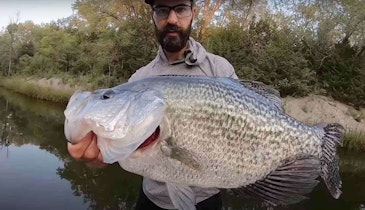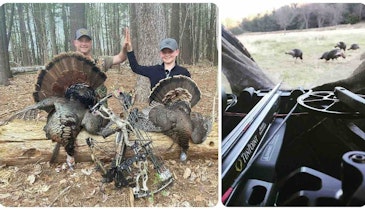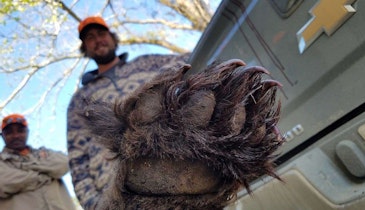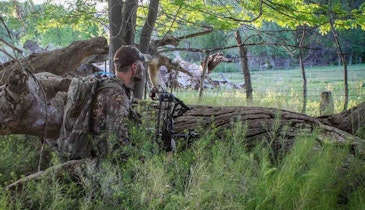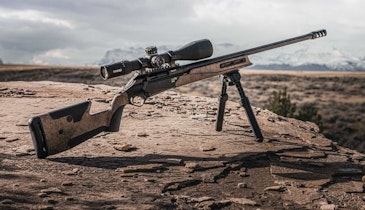COEUR D'ALENE, Idaho (AP) — State biologists have put a satellite-tracking collar on a female Canada lynx captured alive by two trappers in northern Idaho.
The Spokesman-Review reports the trappers called the Idaho Department of Fish and Game last week after finding the 17-pound lynx in one of their traps in the West Cabinet Mountains.
The agency is in the middle of a five-year attempt to collect information on 20 little-studied creatures in the Idaho Panhandle and northeastern Washington.
"I was surprised that there were lynx in the West Cabinets," said Michael Lucid, who's heading up the Multi-Species Baseline Initiative for Idaho Fish and Game. "It shows us how little we know about the animals that live in our forests."
The study aims to learn more about the 20 species so habitat can be managed to reduce the risk of a decline in population. Federal and tribal partners are also taking part in the study.
Canada lynx were trapped and hunted until the early 1990s, and then in 2000 listed as threatened under the Endangered Species Act. In September, the U.S. Fish and Wildlife Service proposed a revision in the critical habitat that would designate more than 41,000 square miles within the states of Maine, Minnesota, Montana, Idaho, Washington and Wyoming as vital for the species.
The tracking collar on the female lynx will send email updates on the rare wild cat's location, Lucid said. "We might be able to document kittens in the spring," he said.
A remote camera in the Purcell Mountains photographed another Canada lynx that biologists determined was a male after collecting scat and hair.
Lynxare solitary animals adapted to high mountain ridges where they use big feet and long legs in deep snow to hunt snowshoe hares, Lucid said.
They compete with bobcats for food. Climate change that would reduce snowpacks could allow bobcats to expand into higher elevations favored by lynx, Lucid said.
———
Information from: The Spokesman-Review, www.spokesman.com


